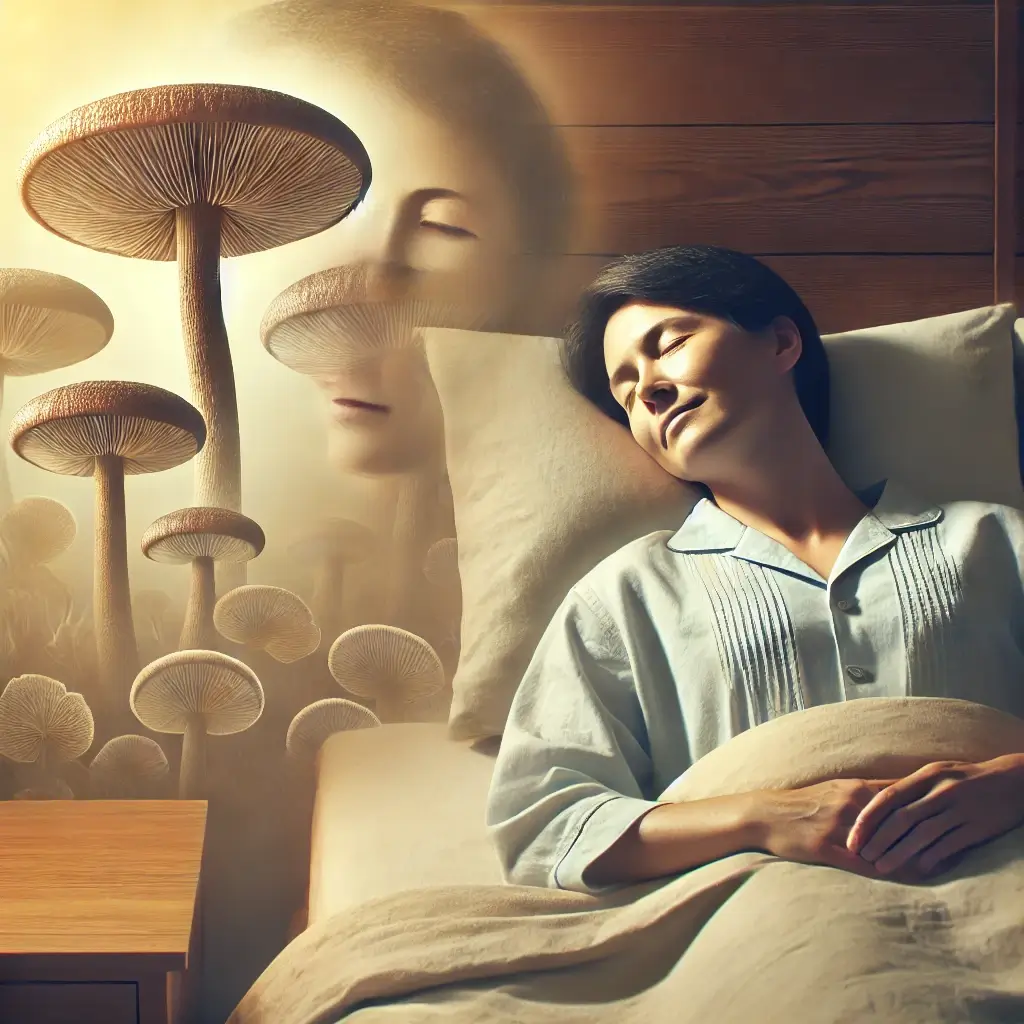Migraine Severe Headache
One sort of headache is known as a migraine, which is frequently characterized by a throbbing pain on one side of the head. In addition to these symptoms, it may accompany nausea, vomiting, sensitivity to light and sound, and other complications.
Headaches caused by migraines are a prevalent issue afflict around one in seven people worldwide. Although they can manifest themselves at any age, most people who experience them are between 25 and 55. Although the precise reason for migraine headaches is not entirely understood, it is believed that alterations in the blood vessels and chemicals of the brain cause the condition.
Migraine Circumstances
Headaches caused by migraines are frequently brought on by several causes, including but not limited to stress, insufficient sleep, particular meals and beverages, hormonal shifts, and bright lights or loud noises.
Migraine headaches are a condition that cannot be cured; however, some therapies can help to avoid or alleviate the agony associated with them. Pain medications that are available without a prescription, such as acetaminophen or ibuprofen, may be beneficial for the treatment of mild migraine headaches.
It is possible that drugs that require a prescription, such as triptans, are more successful in treating severe migraine headaches.
Headache Relief Suggestions
The use of biofeedback, relaxation techniques, and acupuncture are some other treatments that can be utilized for migraine headaches.
Some suggestions for avoiding headaches caused by migraines are as follows:
Get a sufficient amount of sleep.
Eat at regular intervals.
Be sure to drink plenty of water.
Control your tension.
It is important to avoid triggers, including specific foods and beverages, hormonal shifts, bright lights, and loud noises.
Maintain a regular exercise routine.
You must seek medical attention if you are suffering from migraine headaches that are severe or occur frequently. They can assist you in picking the most appropriate course of treatment for you.
The following is some additional information regarding the treatments that were discussed earlier:
Pain medications available without a prescription: Prescription pain medicines, such as acetaminophen or ibuprofen, are available without a prescription and can benefit mild migraine headaches. They are effective because they reduce pain and inflammation.
Some drugs, such as triptans, which are available only with a doctor’s prescription, are more successful in treating severe migraine headaches. They alleviate pain by lowering the size of the blood arteries in the brain, which is how they operate.
The term “biofeedback” refers to a technique that teaches you how to control your body’s feelings in reaction to stress. As a result of its ability to enhance relaxation, it may be helpful in preventing migraine headaches.
Meditation and yoga are two examples of relaxation practices that can be useful in reducing migraine headaches. Additional relaxation strategies include yoga and meditation. Stress can be alleviated and overall well-being can be improved with their assistance.
Acupuncture is a treatment that is used in traditional Chinese medicine. It includes putting skinny needles into the skin at specific locations on the body. According to one theory, it can help alleviate pain by boosting the natural pain-relieving systems in the body.
Some natural remedies for migraines include the following:
The flowering plant known as feverfew has been utilized for treating headaches for a period that spans generations. For it to be effective, it is believed to prevent the production of chemicals responsible for inflammation and pain.
The spice known as ginger is known to have numerous health benefits, one of which is the ability to alleviate headaches. Reducing inflammation and relaxing the blood vessels are how it works.
Magnesium: Magnesium is a mineral necessary for maintaining a healthy body composition. Additionally, it is believed to be beneficial in the treatment of headaches. The mineral magnesium can be found in various foods, including nuts, seeds, and vegetables with dark green leaves.
Antioxidant Coenzyme Q10: Coenzyme Q10 is an antioxidant that is known to be effective in preventing migraines. Not only is it accessible as a supplement, but it can also be found in certain meals, such as seafood that is high in oil.
It has been demonstrated that taking B vitamins, particularly vitamin B2 (riboflavin), can be beneficial in preventing migraines. They are present in various meals, including seafood, dairy products, and vegetables with a dark green leafy color.
Hypnosis is a method that can be utilized to calm both the mind and body separately and together. In specific individuals, it has been demonstrated to be beneficial in preventing migraines.
If you are thinking about utilizing natural remedies to cure migraines, it is in your best interest to consult with your primary care physician first. They can assist you in determining whether treatment is appropriate for you and how to utilize it securely.
Additionally, it is essential to remember that natural therapies might not be effective for everyone. You must seek medical attention if you are suffering from migraines that are severe or occur frequently. They can assist you in picking the most appropriate course of treatment for you.













